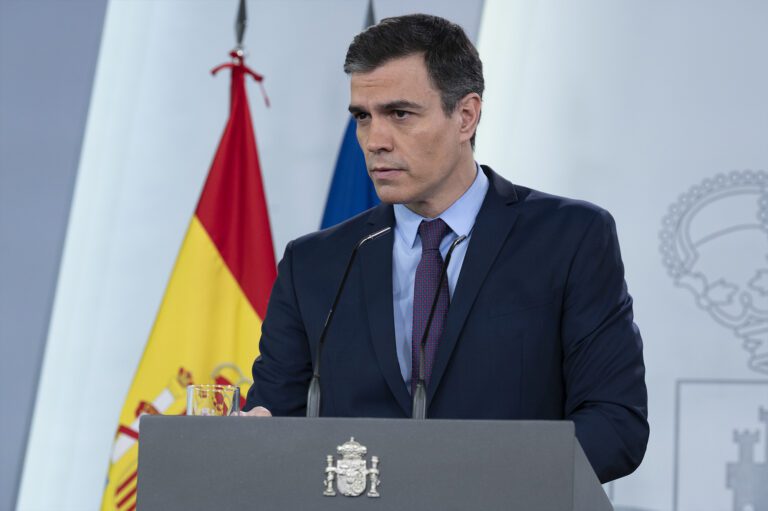A hundred or so international lawyers and experts from 75 countries met in Casablanca on Friday, March 3rd, to sign a document calling for an end to the practice of surrogate motherhood.
These experts have recently been confronted with the issue of surrogate motherhood because of their profession—whether they are magistrates, researchers, doctors, or psychologists. They have witnessed the increasing trivialisation of this practice in many countries around the world, and in particular in Europe.
As a result, they became convinced that only a global policy would be able to stop its dramatic progression—hence the drafting of their manifesto, which they believe should lead to an international convention to condemn surrogacy.
Moreover, the practice of surrogacy is inherently cross-border: the commissioning parents are usually located in wealthy Western countries, whereas the surrogate mothers live in poor countries where surrogacy can be a valuable resource for mothers willing to rent their wombs. The choice of Morocco to host the conference is significant: Morocco is one of the few countries that has adopted a firm and uncompromising policy towards surrogacy. It is forbidden in Morocco, and resorting to it is punishable by criminal sanctions.
The backgrounds of the signatories are quite different, and they do not all share the same convictions. This explains why the published declaration is deliberately short and does not dwell on a philosophical statement of the reasons justifying the approach. The experts nevertheless agree on a few basic points: according to them, surrogate motherhood is an act of violence “done to all women” and an attack on the dignity of children. They explain that they are “convinced that the surrogate motherhood contract undermines human dignity and contributes to the commodification of women and children.”
In an appendix to the manifesto, the committee meeting in Casablanca added a list of five recommendations to states:
prohibit surrogacy on its territory; deny any legal value to contracts involving the commitment of a woman to carry and deliver a child; sanction persons who propose themselves as intermediaries, who resort to surrogacy on its territory, and nationals who resort to surrogacy outside its territory; act with a view to the adoption of an international legal instrument leading to the universal abolition of surrogacy.
It also laid the foundations for an international convention that would be available to states wishing to take this step.
The approach initiated in Casablanca is new in that it does not call for a simple framework for surrogacy, as is already the case in several countries, but for its pure and simple abolition. The declaration signed is a first step. The experts now intend to plead their case to national governments.
Luis Ernesto Pedernera Reyna, member and former chair of the UN Committee on the Rights of the Child, and Suzanne Aho Assouma, member and former vice-chair of the same institution, were present as observers at the seminar. For the organisers, this is an encouraging signal.





